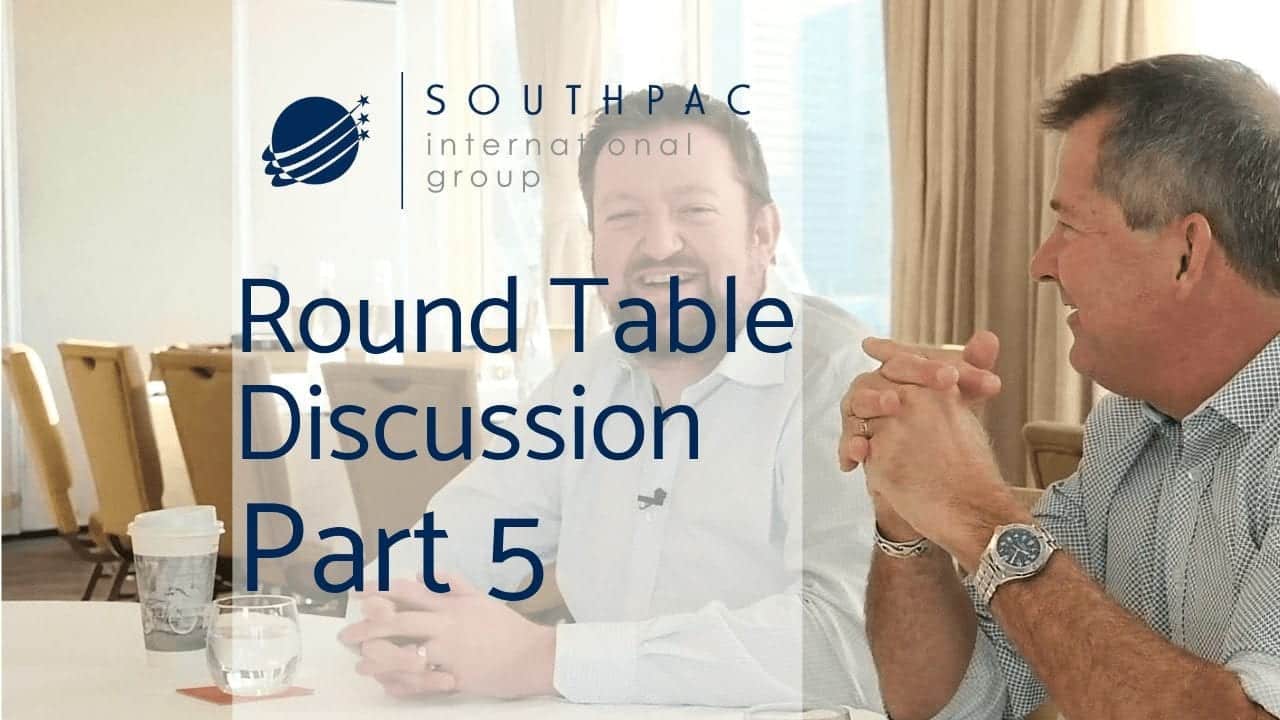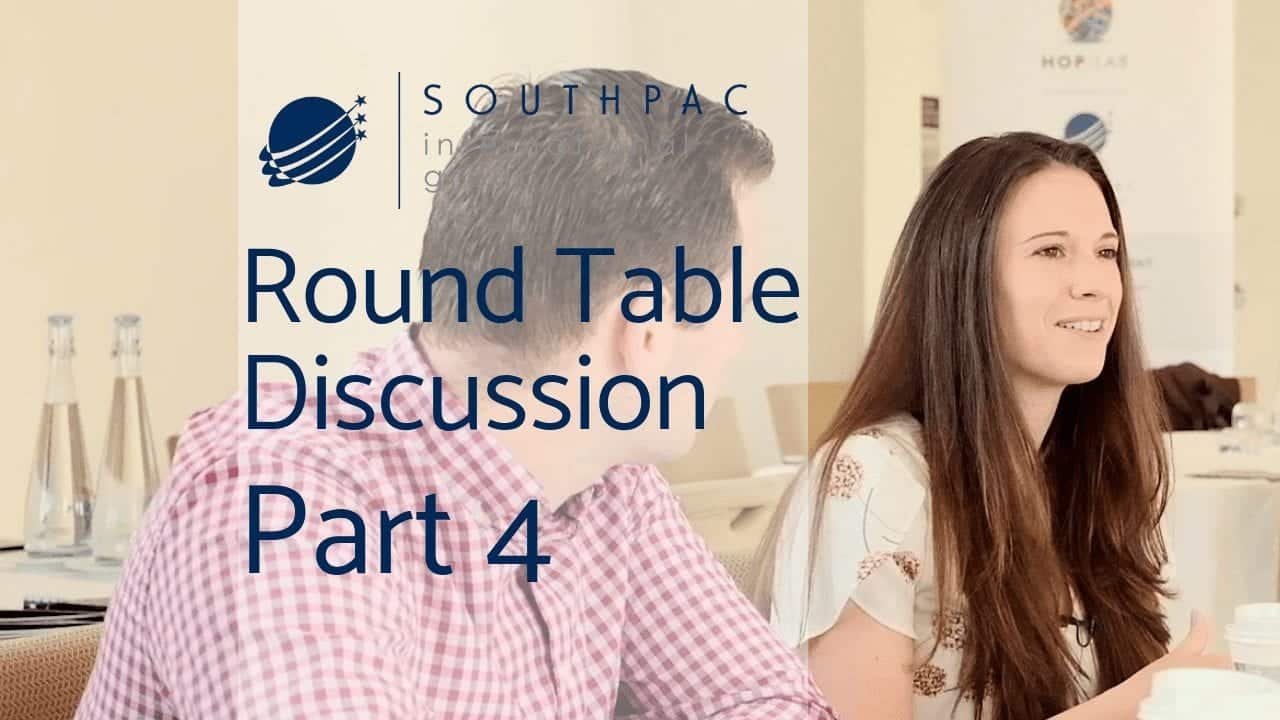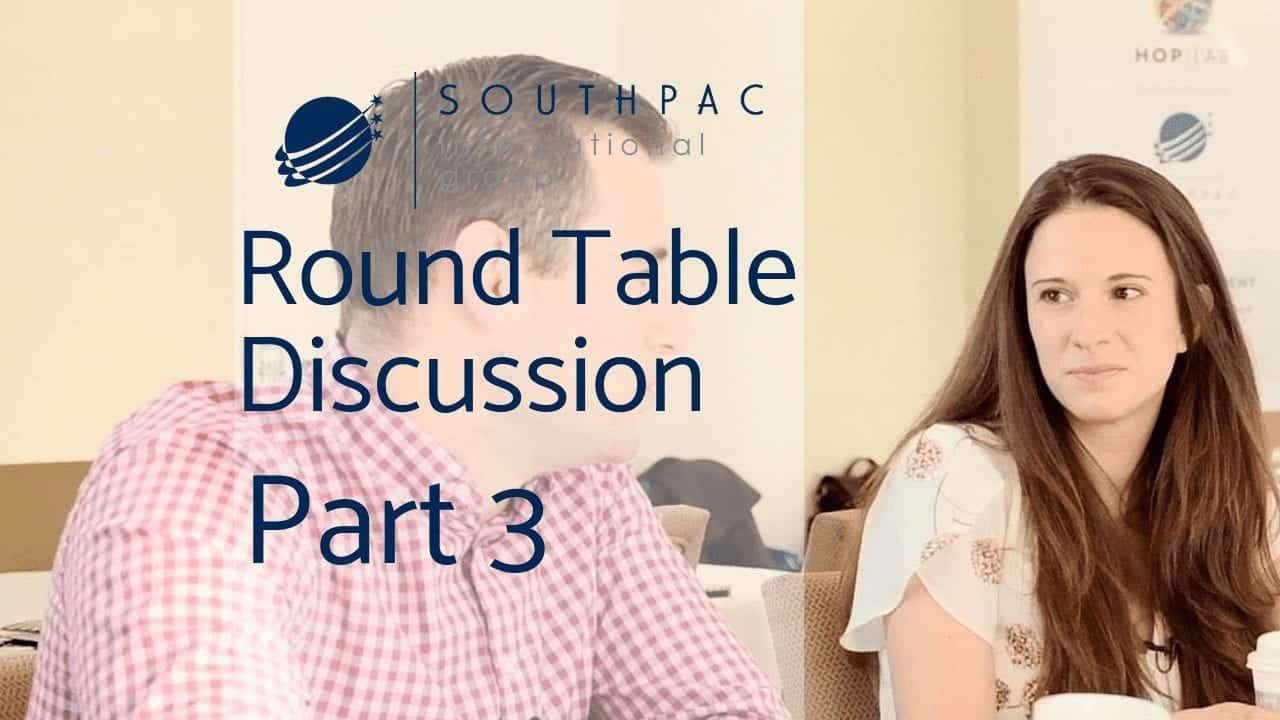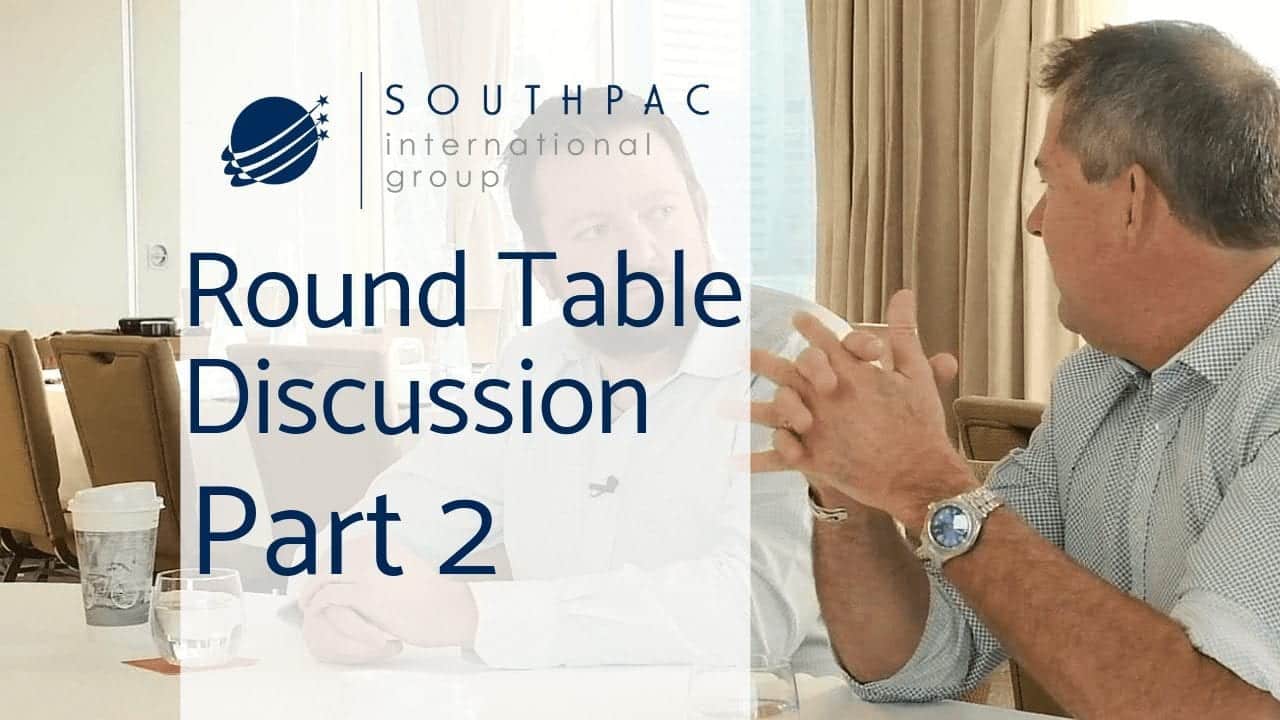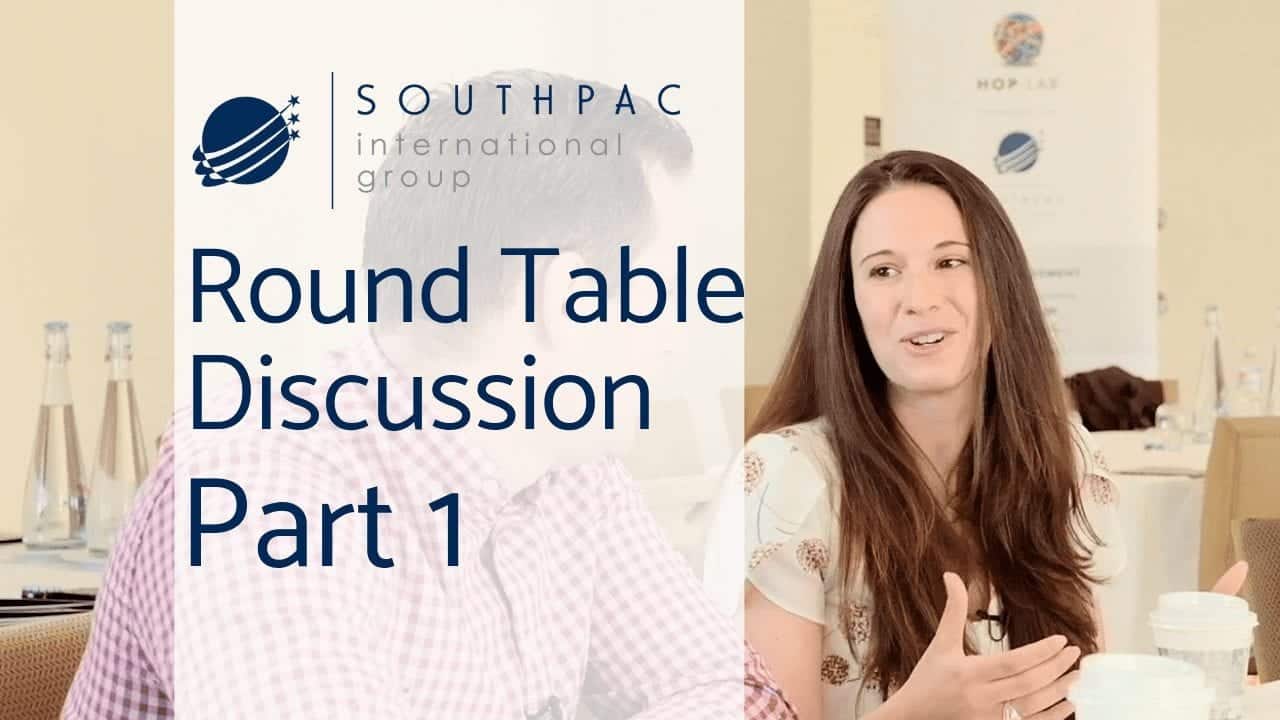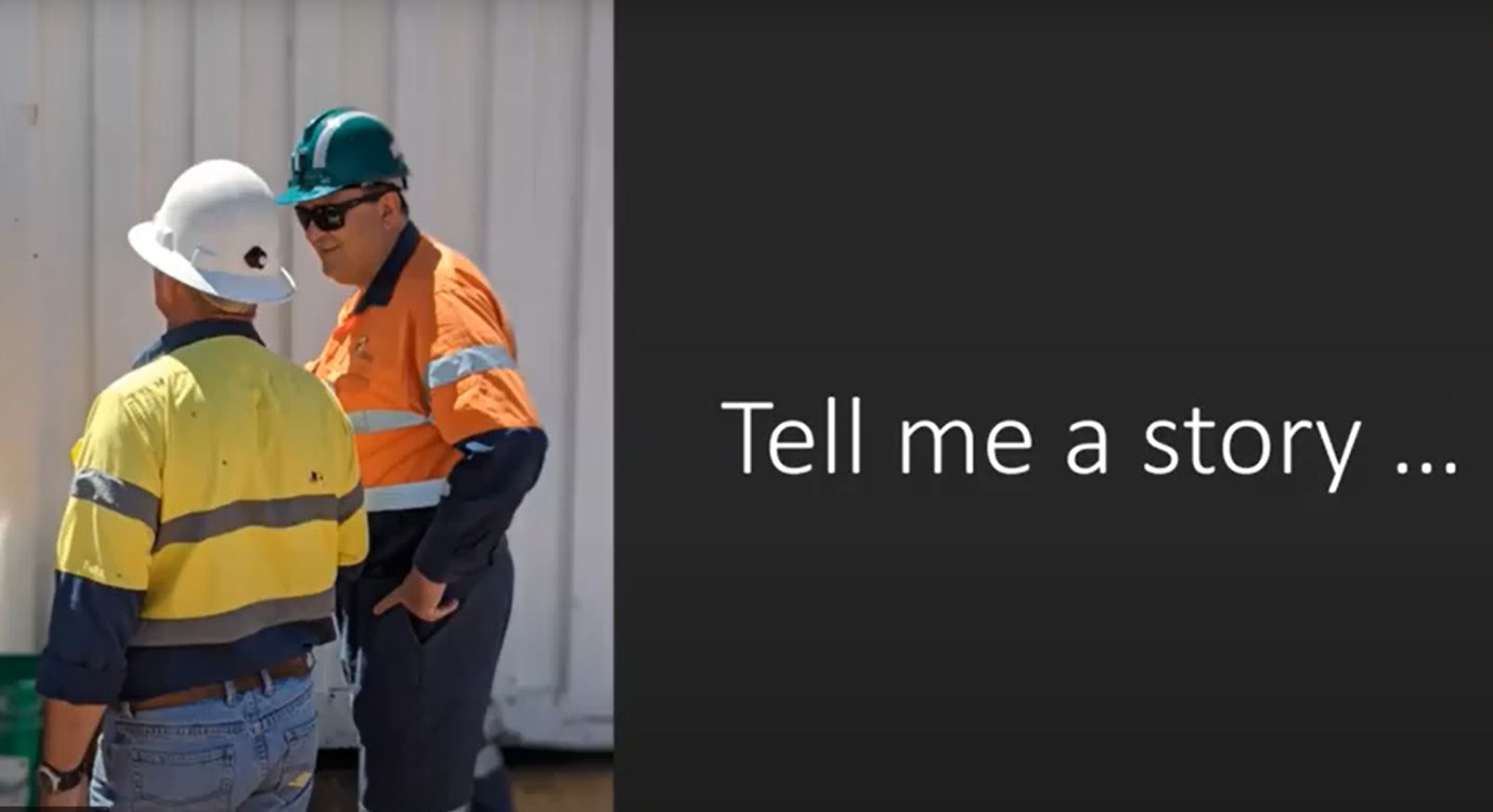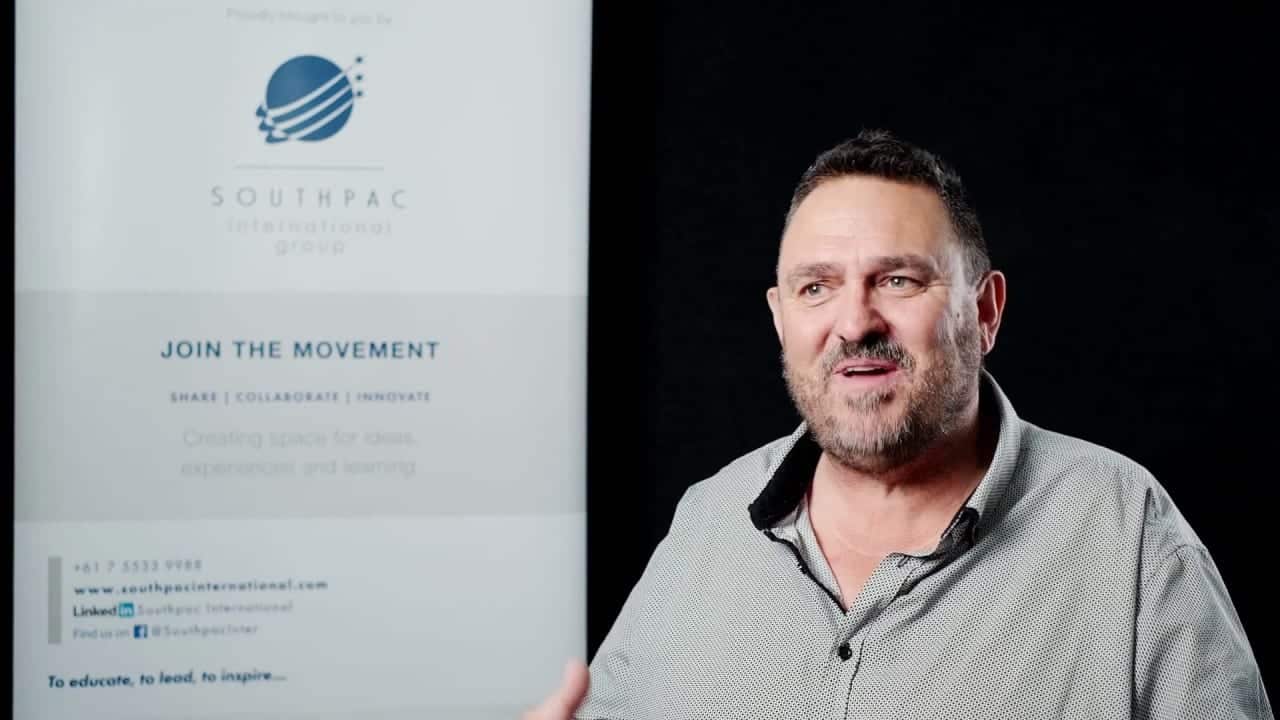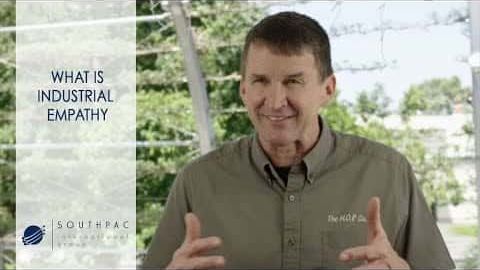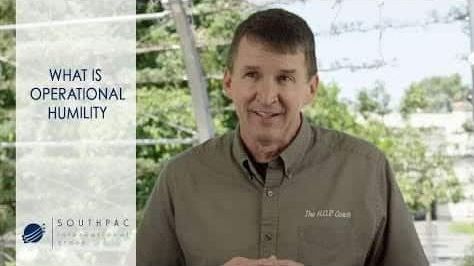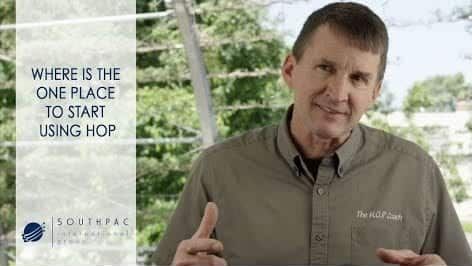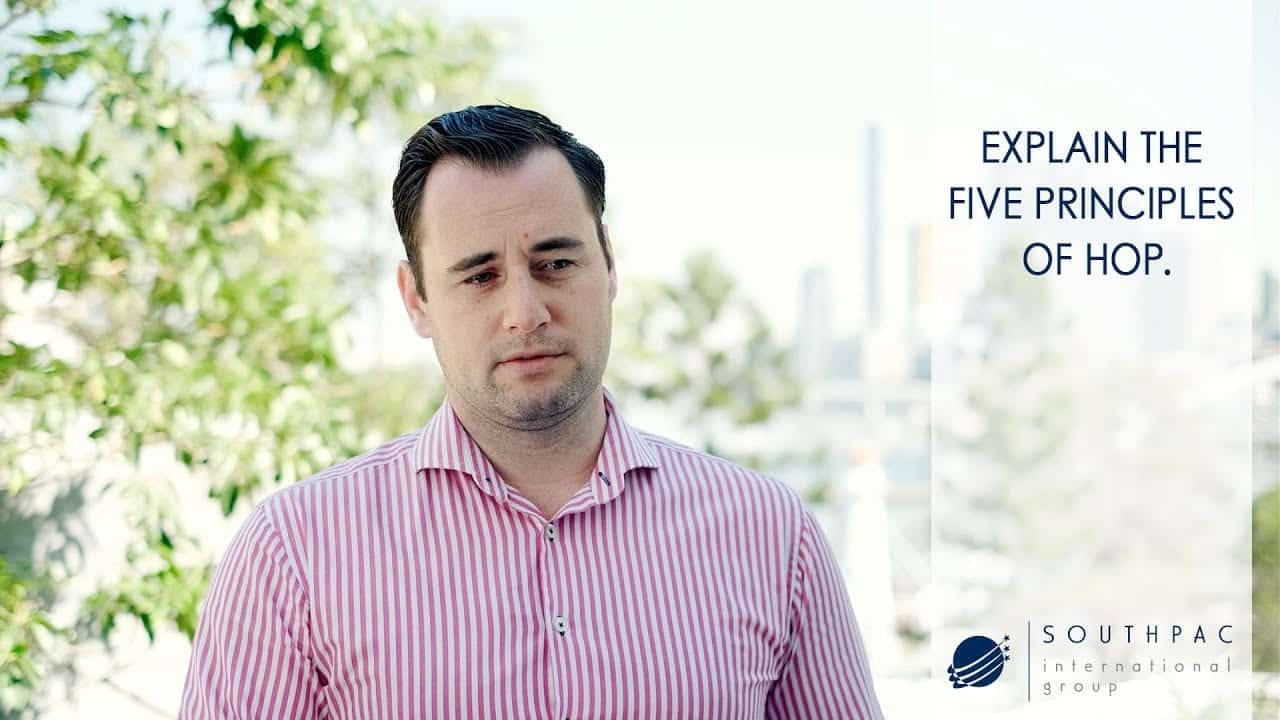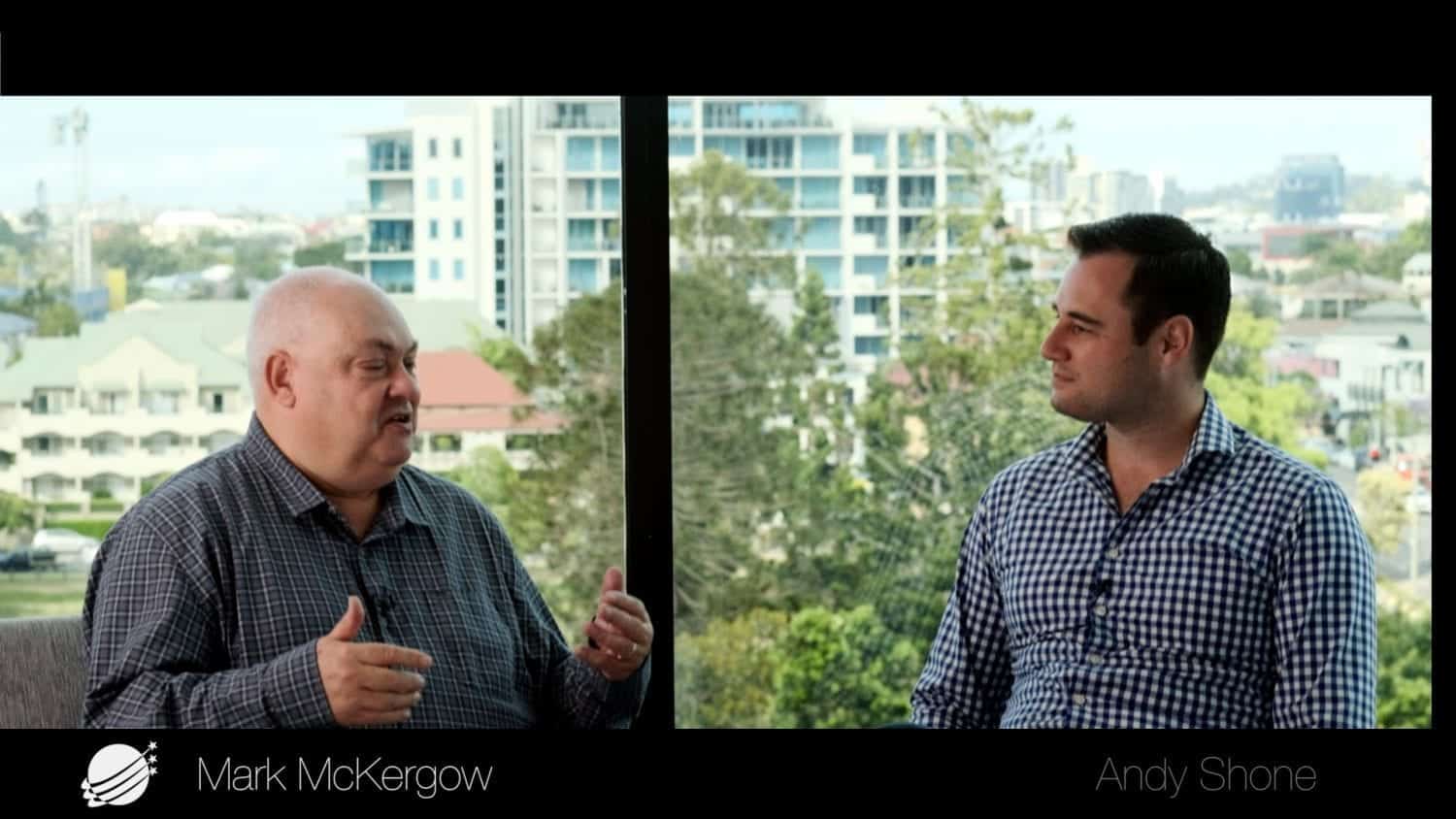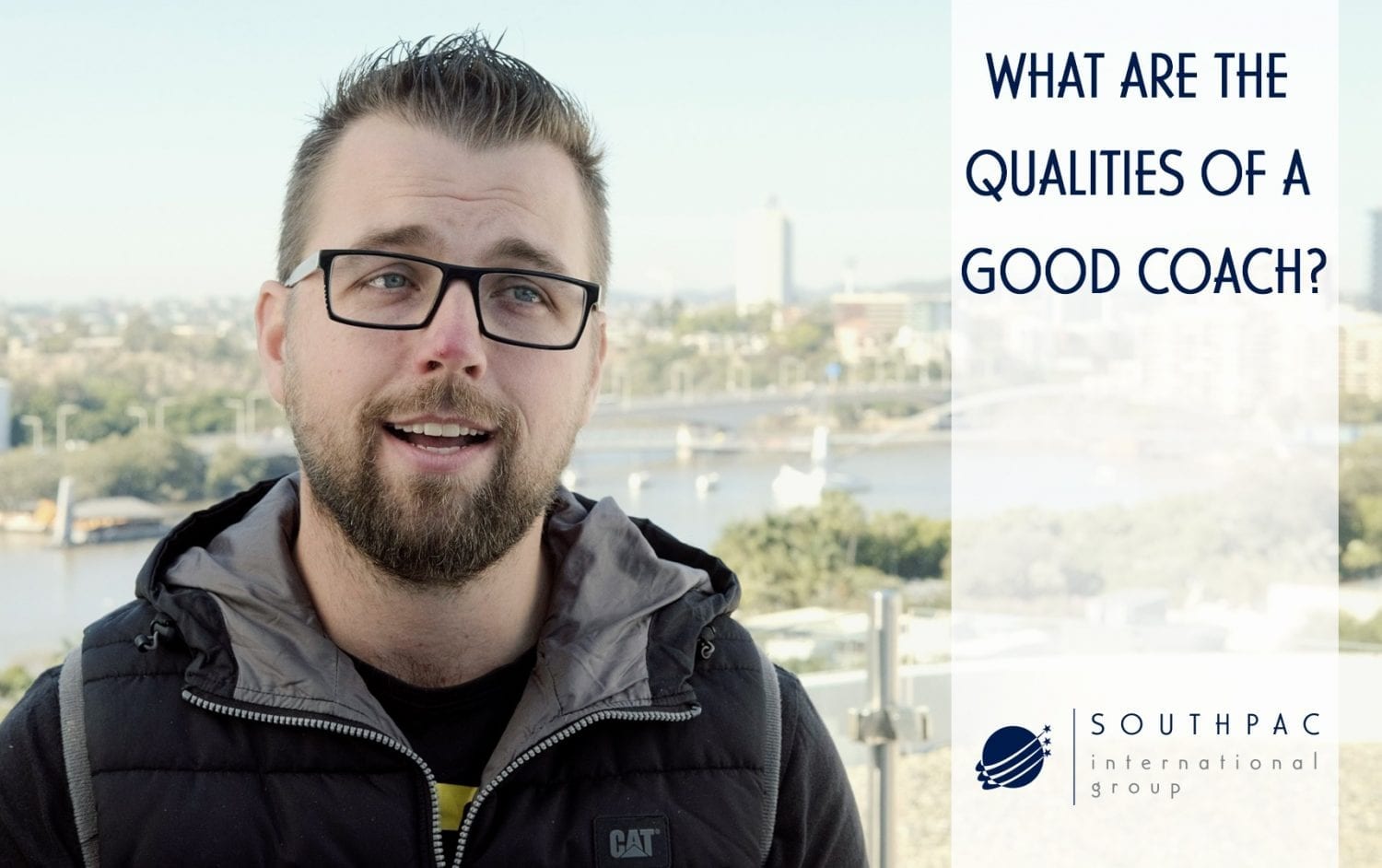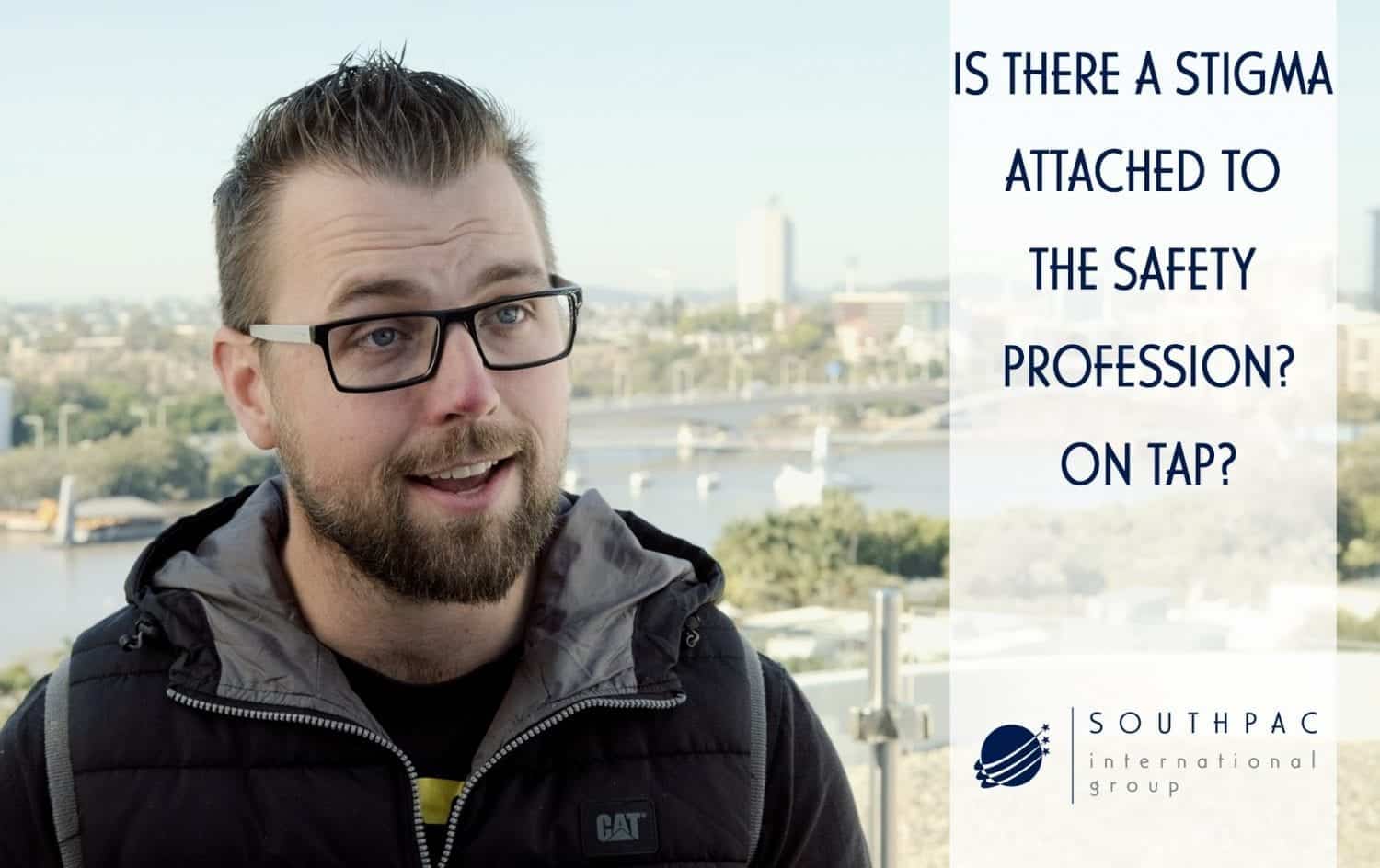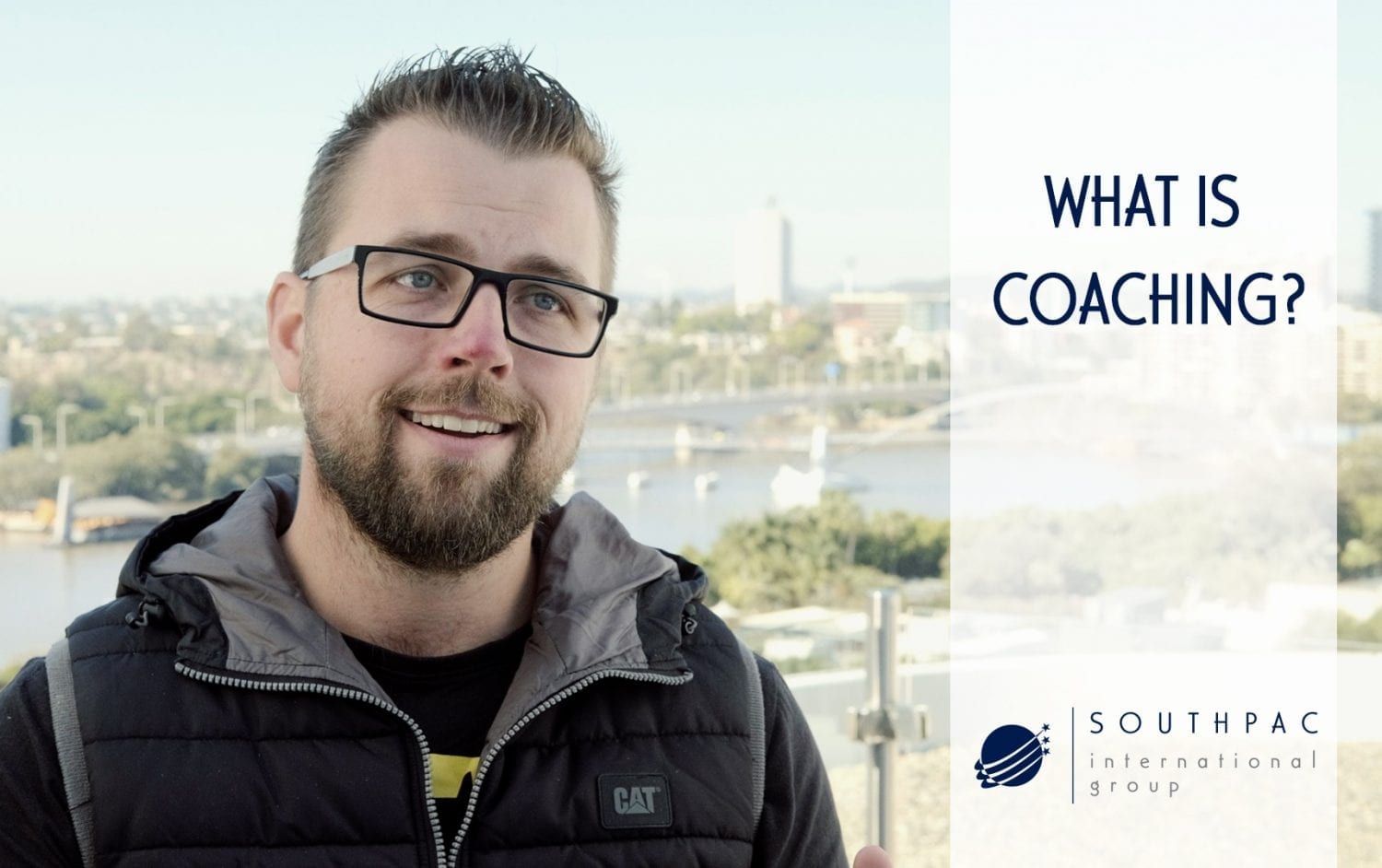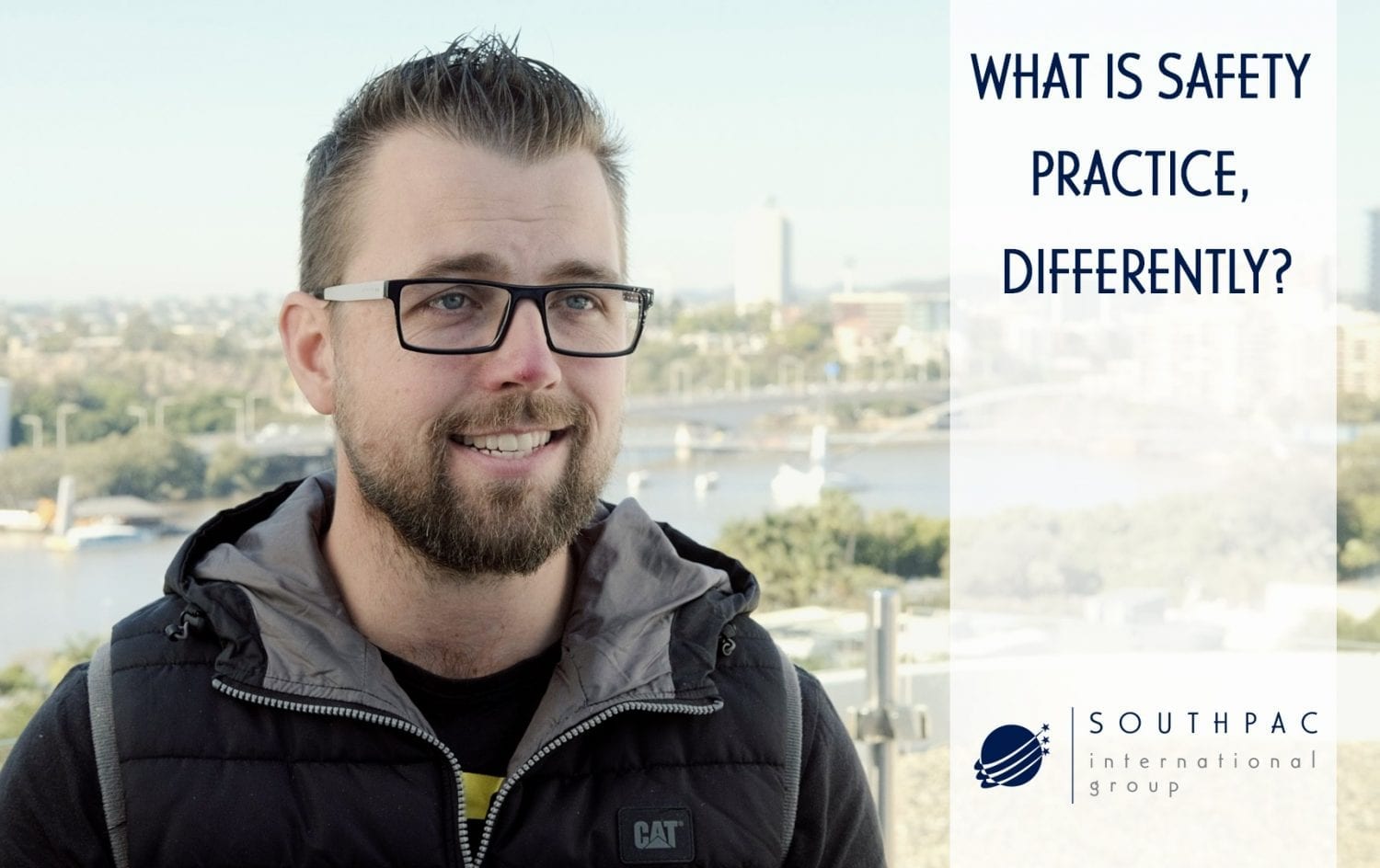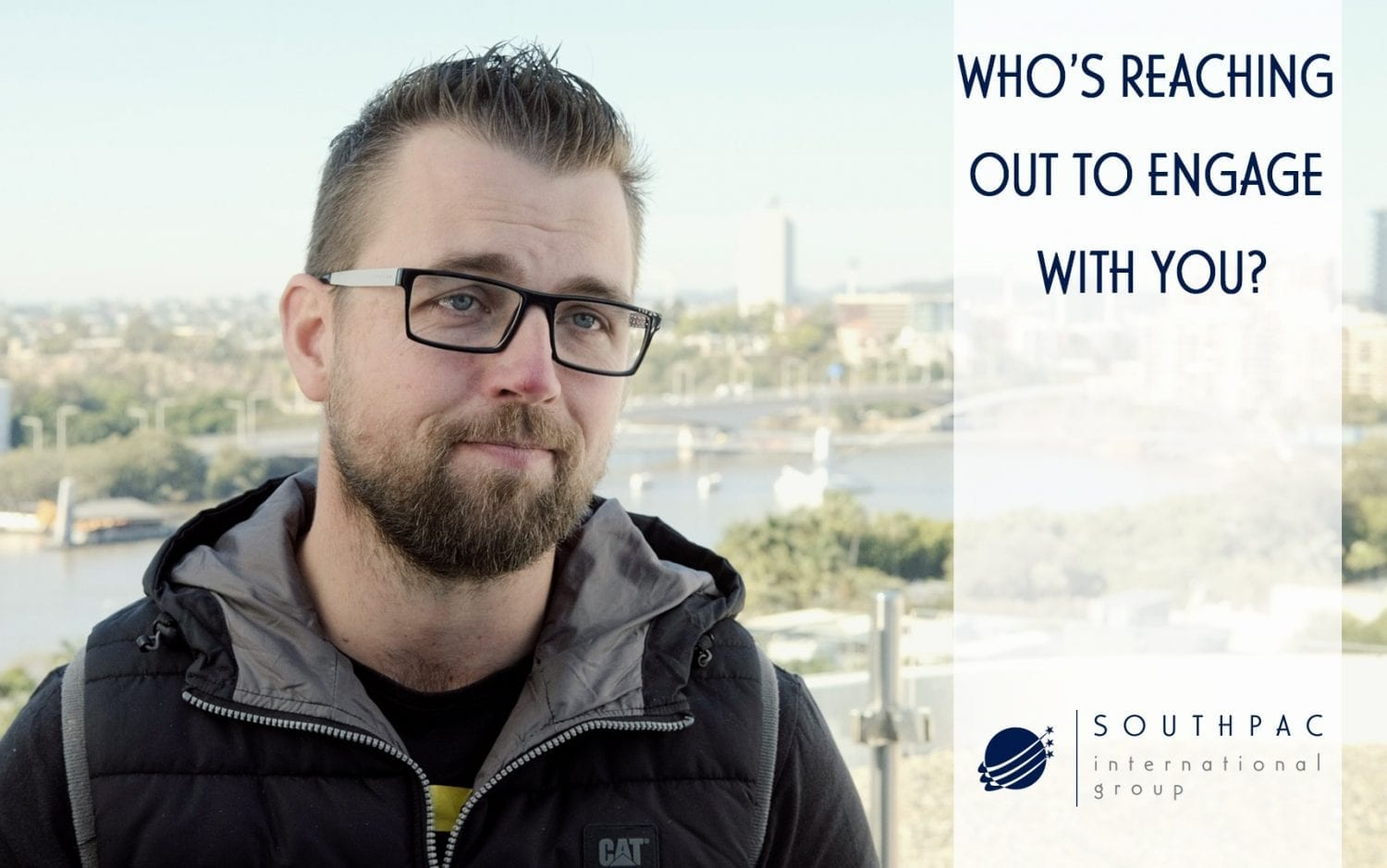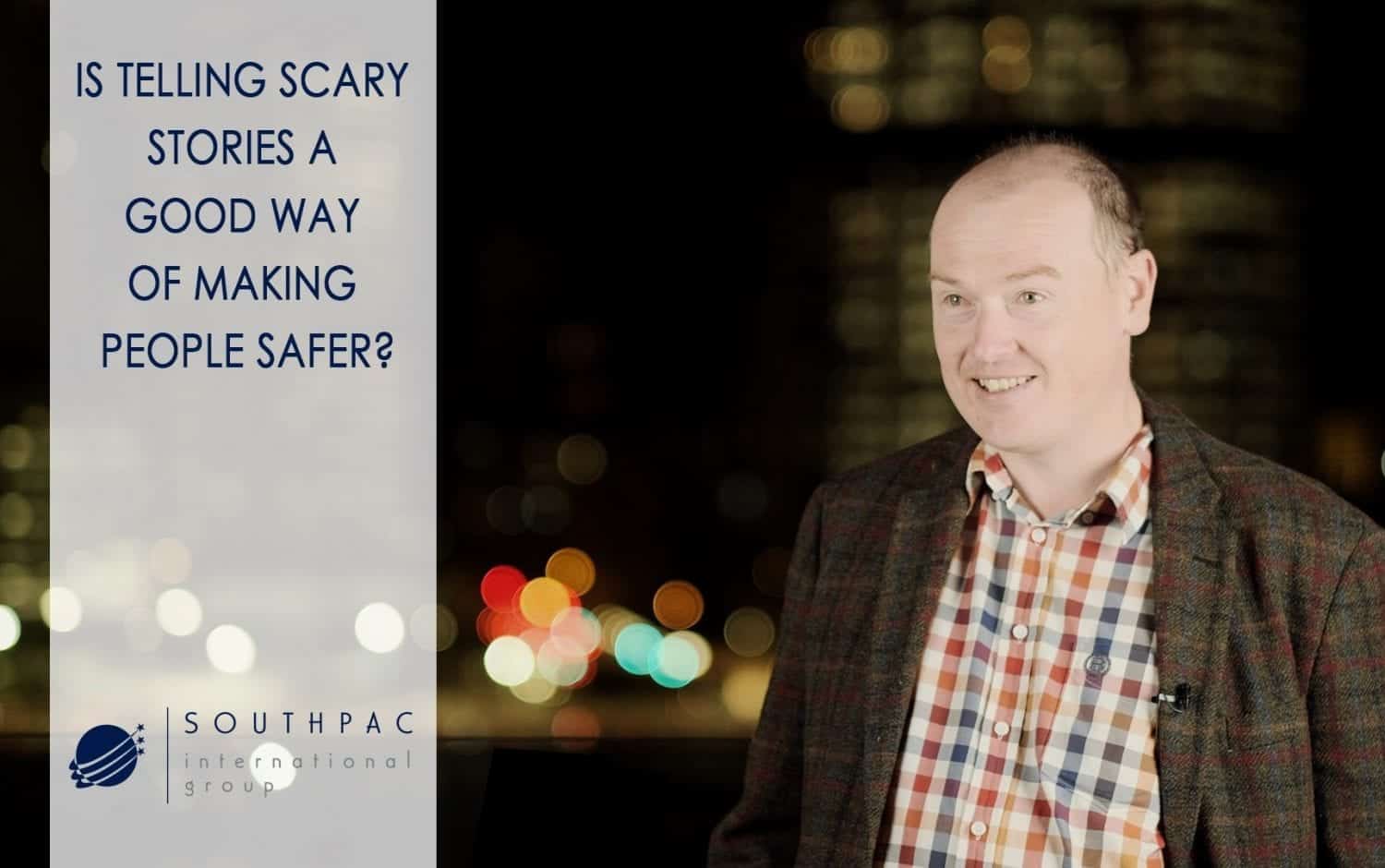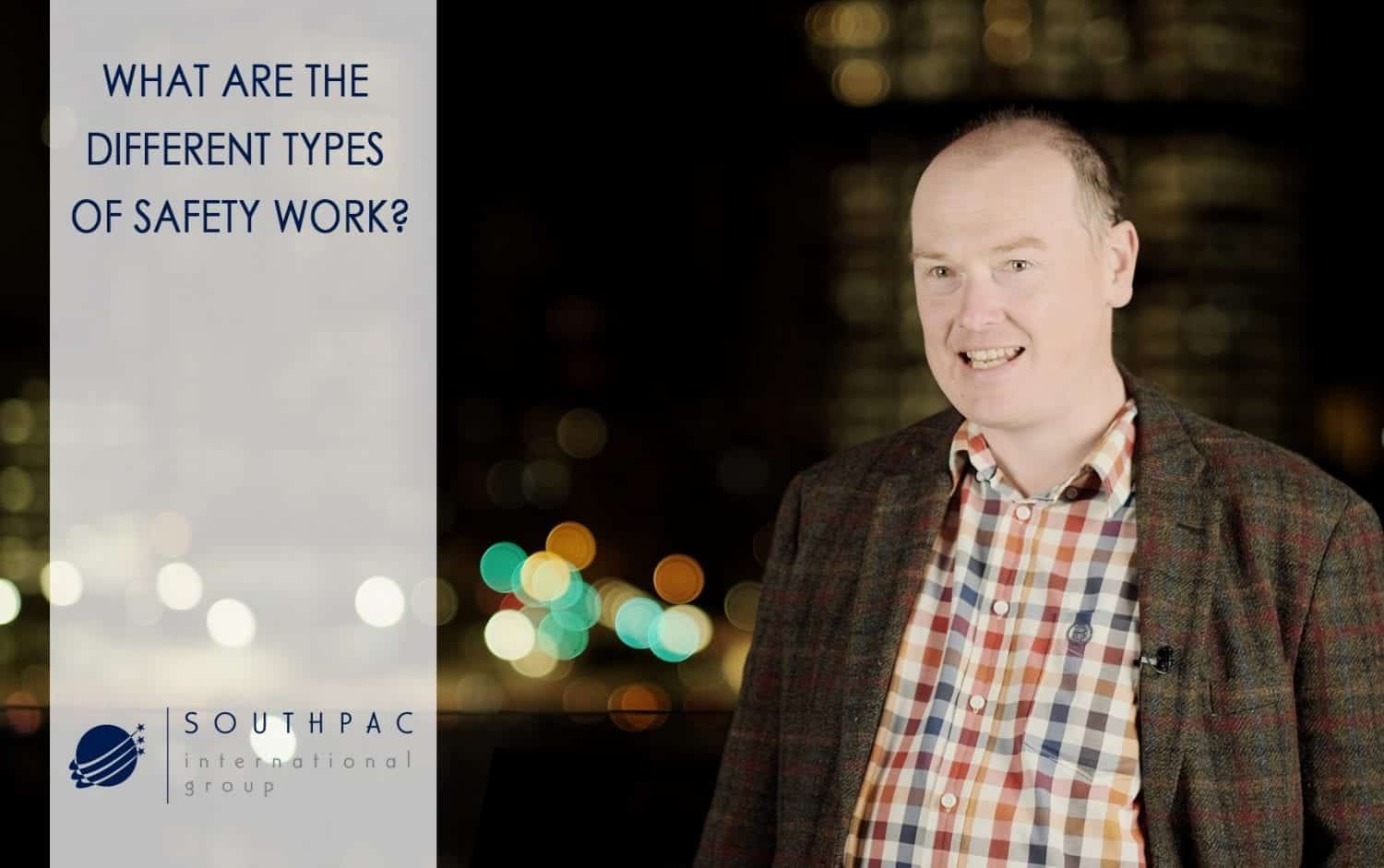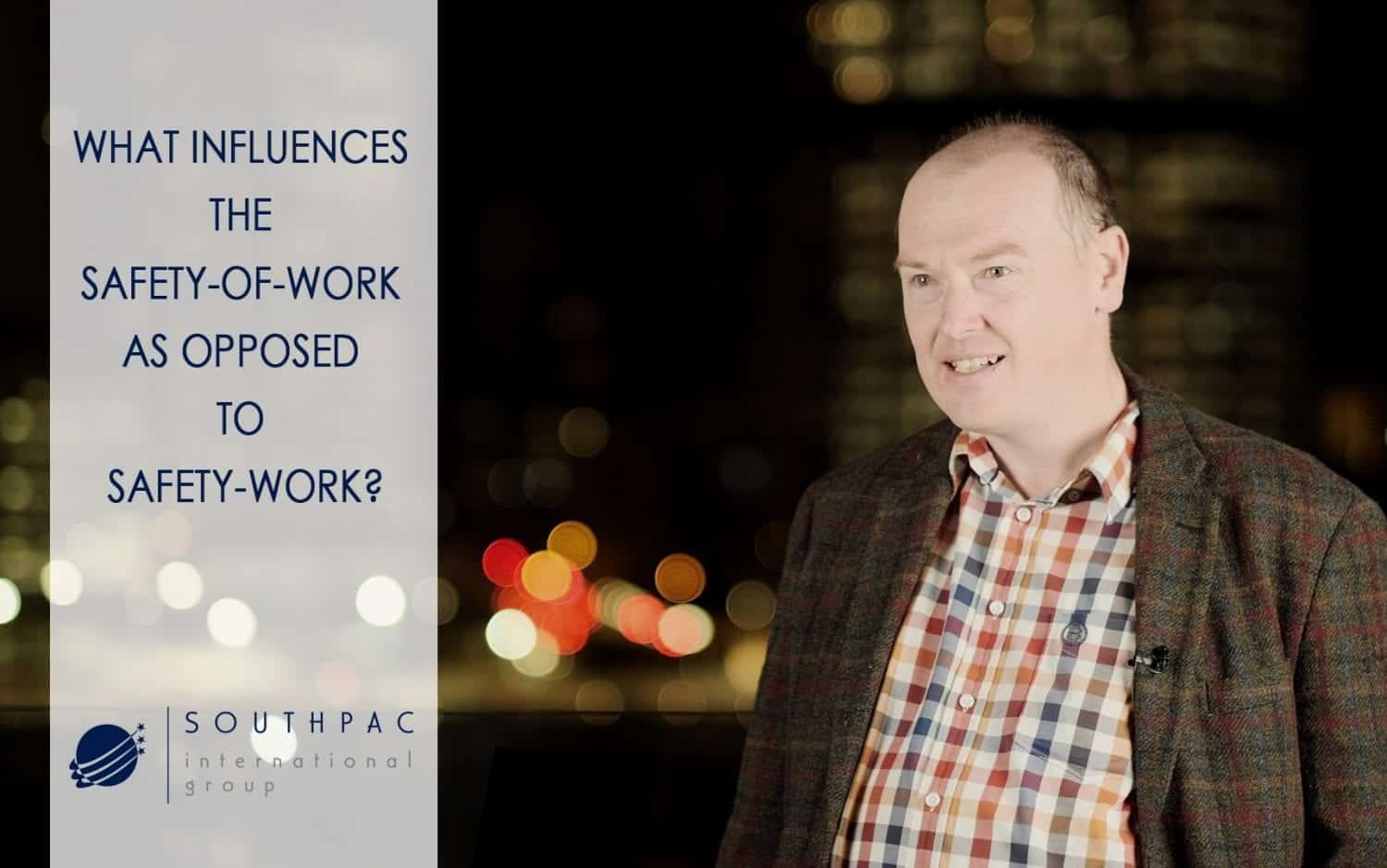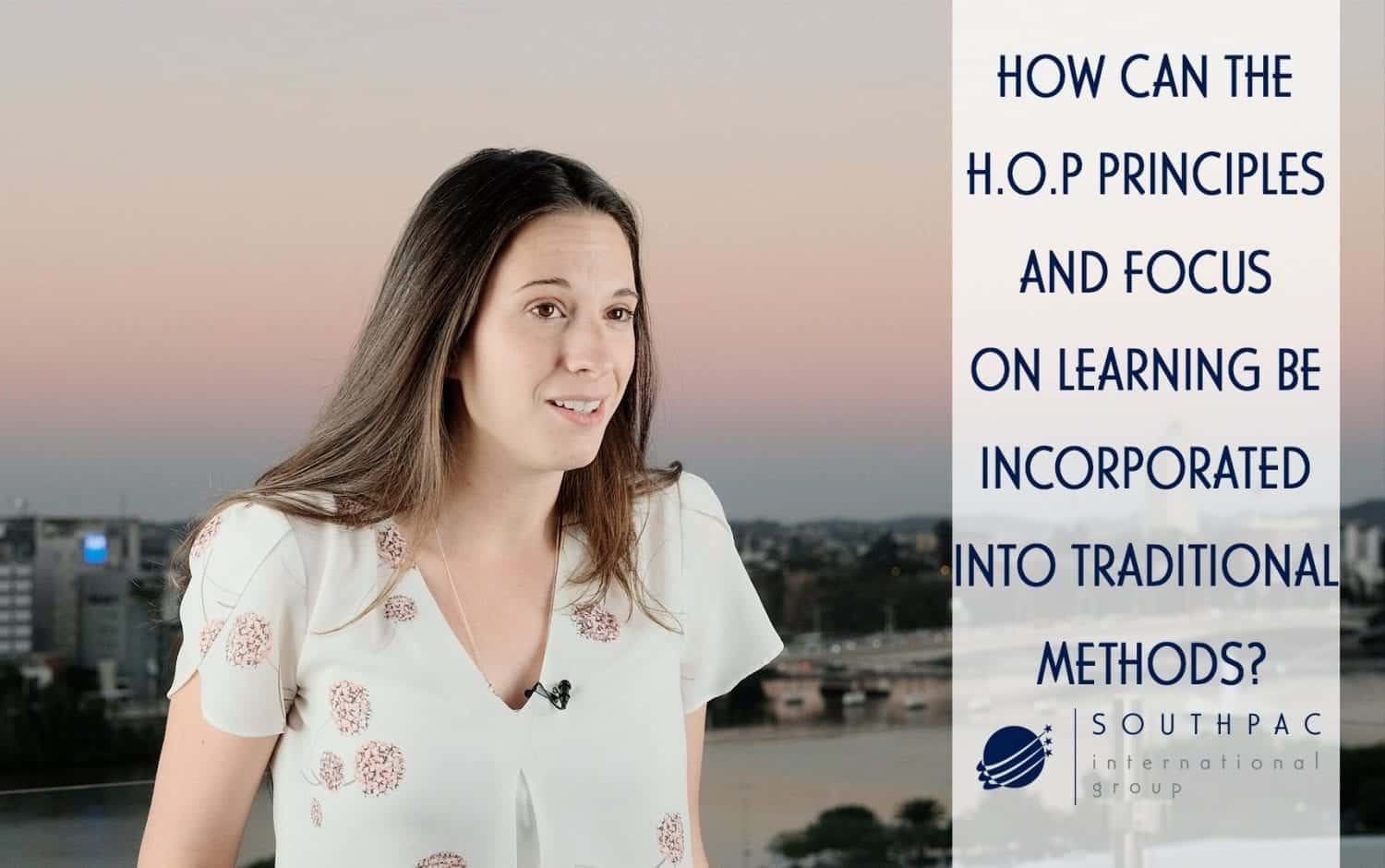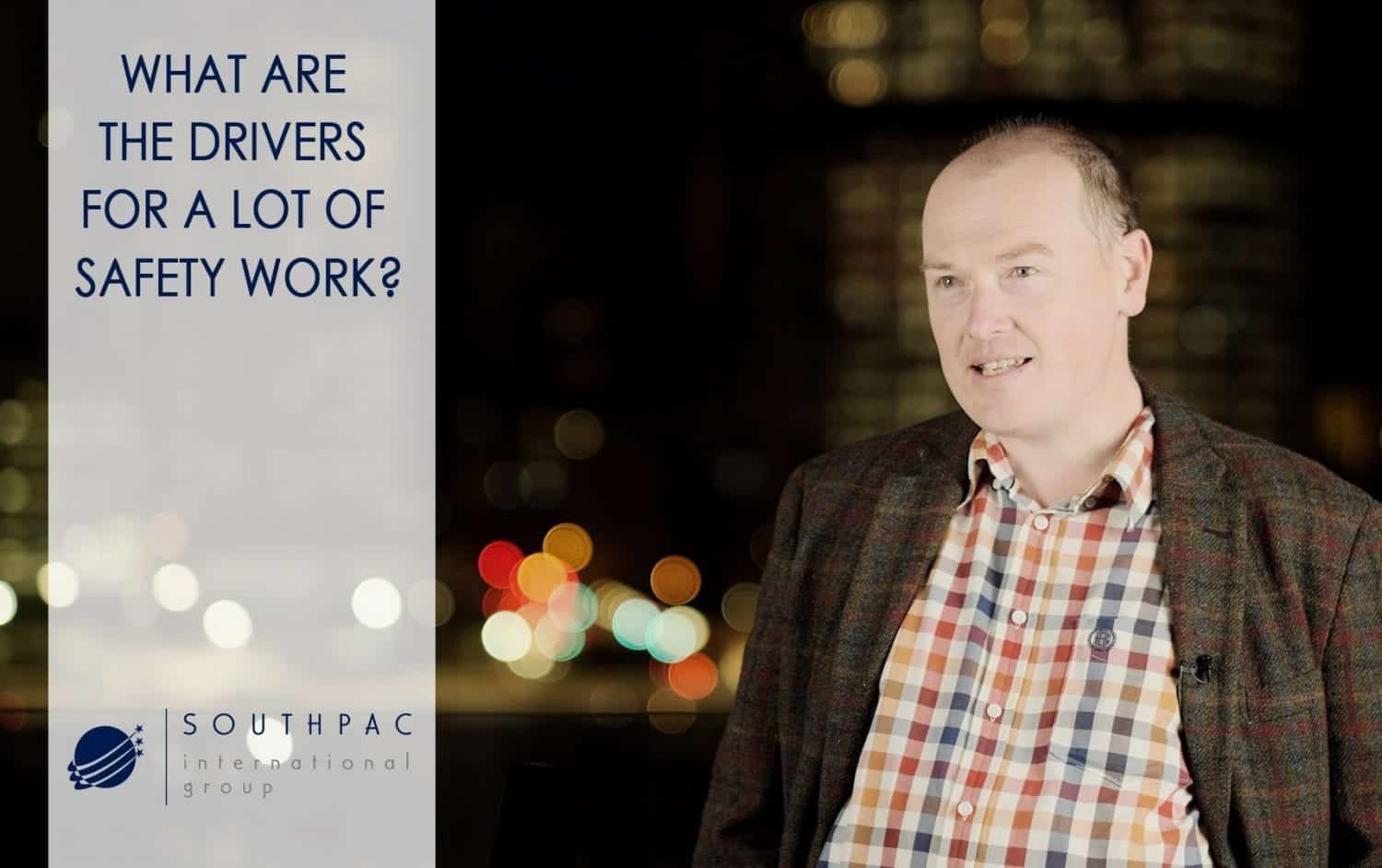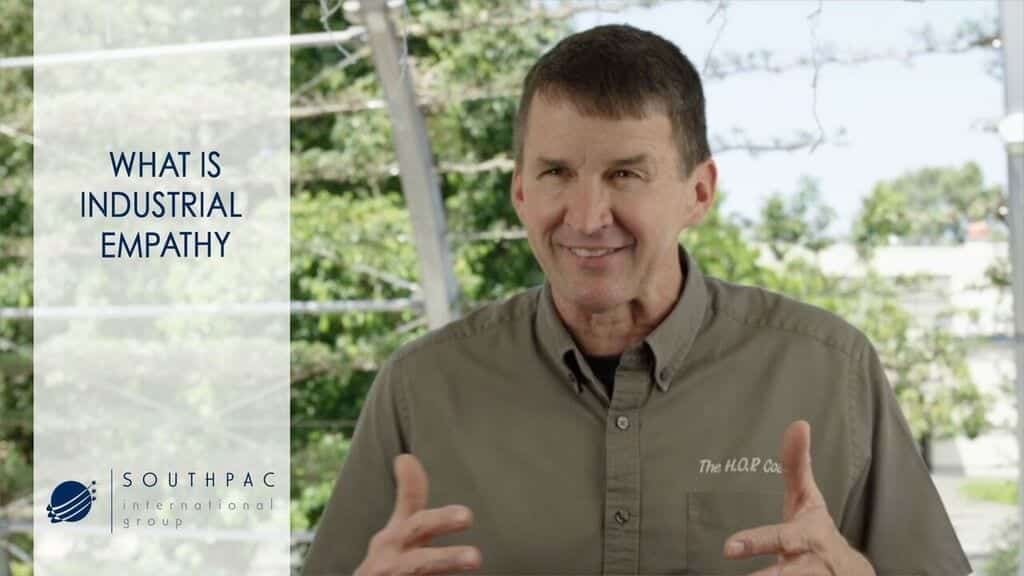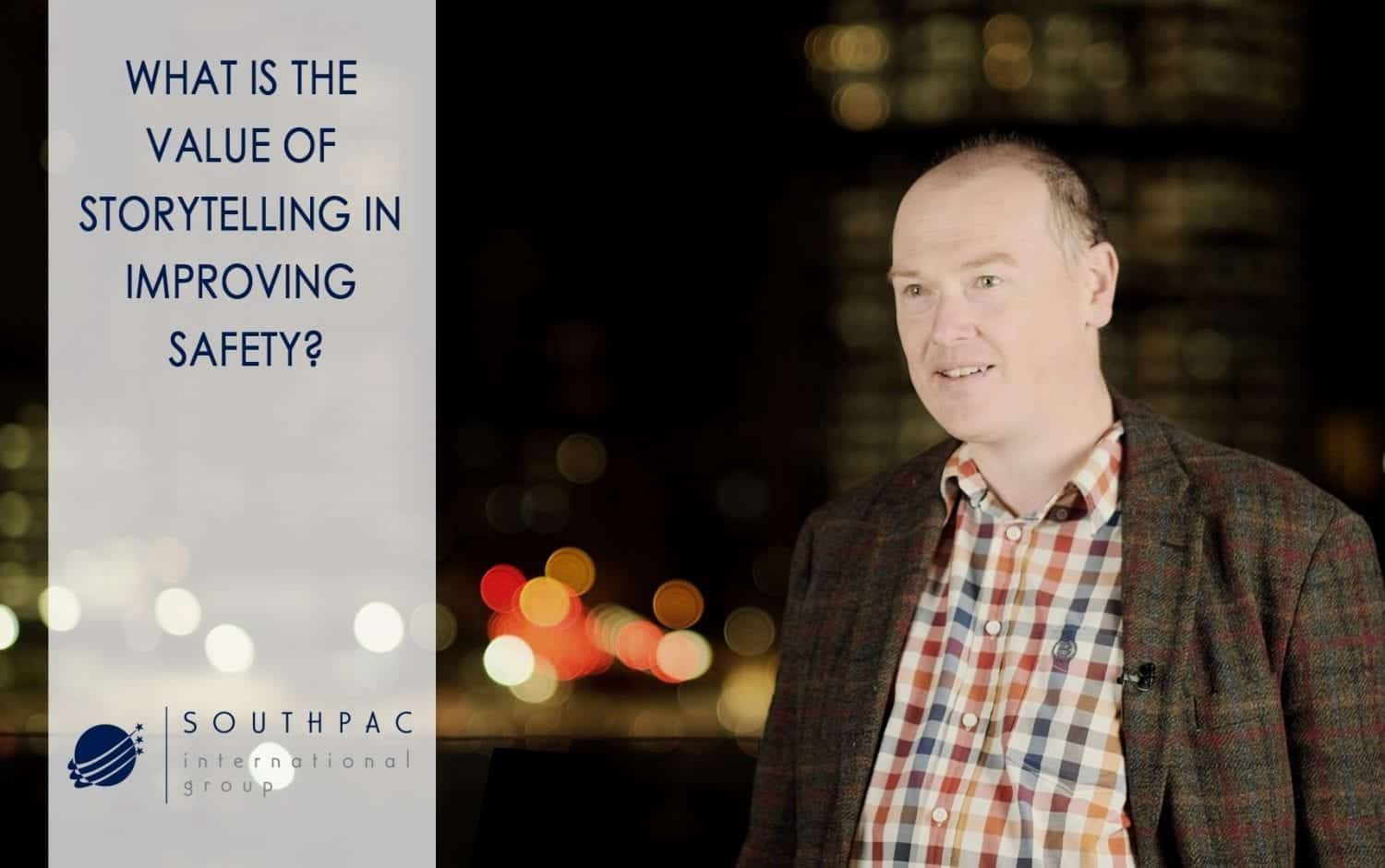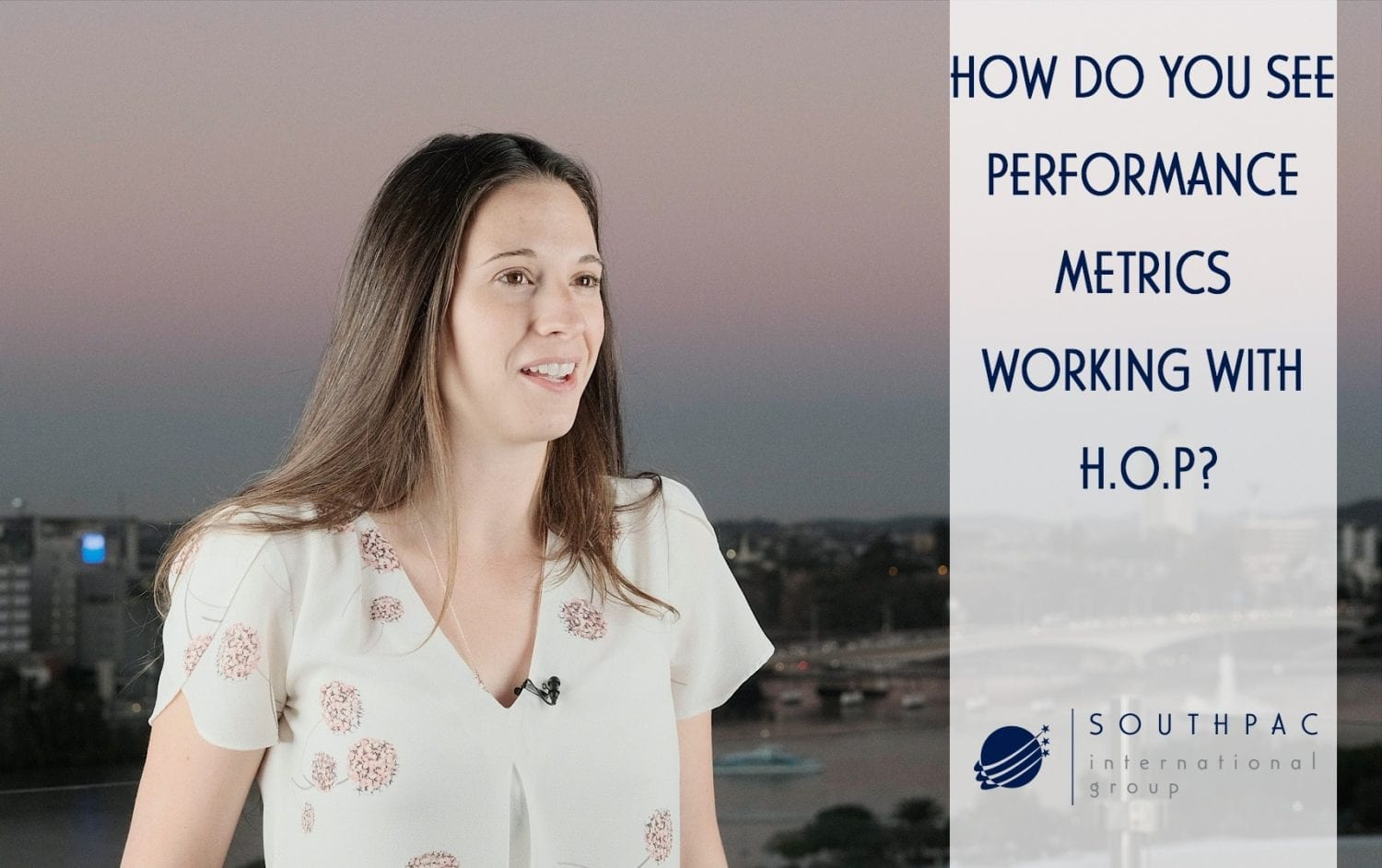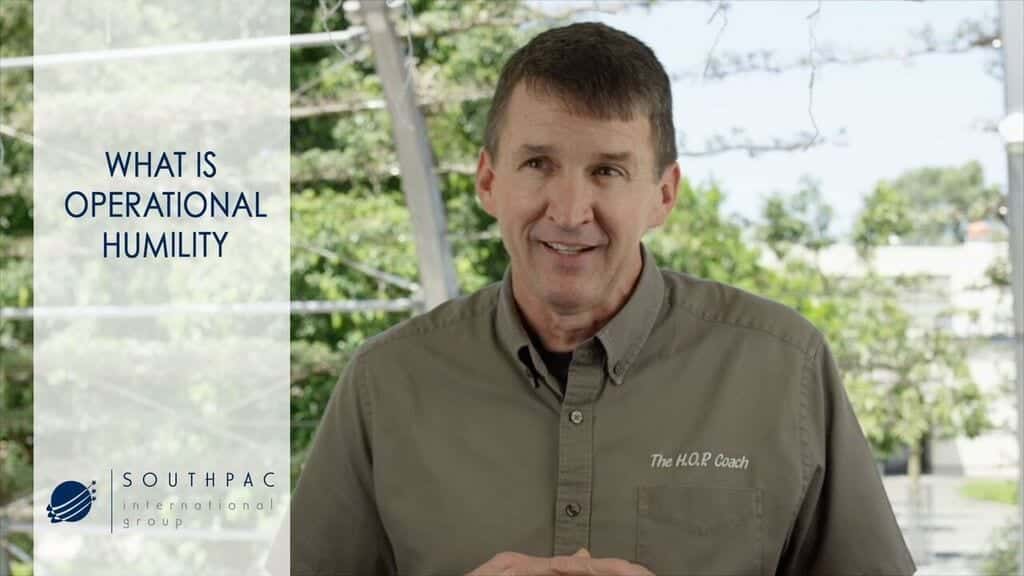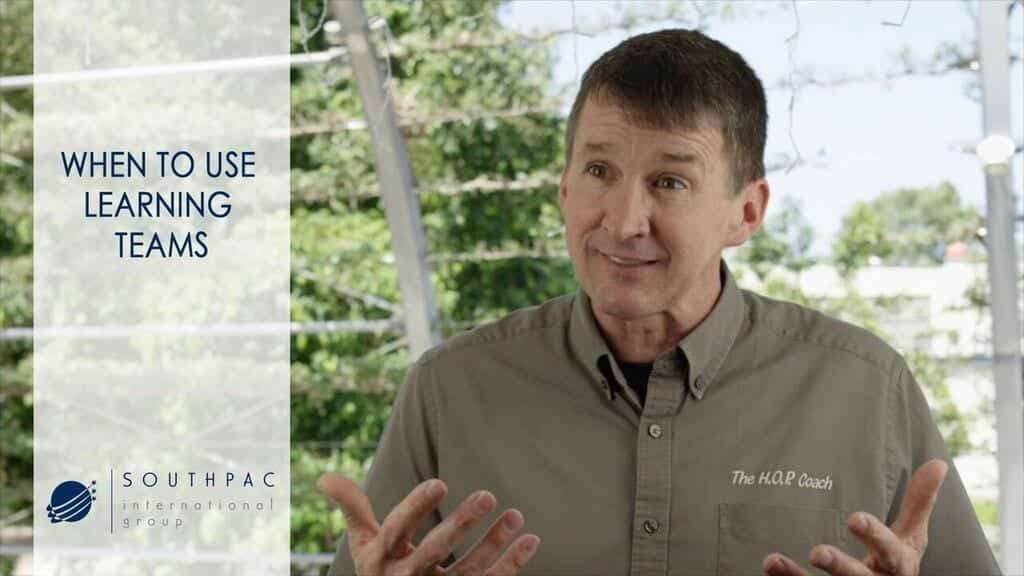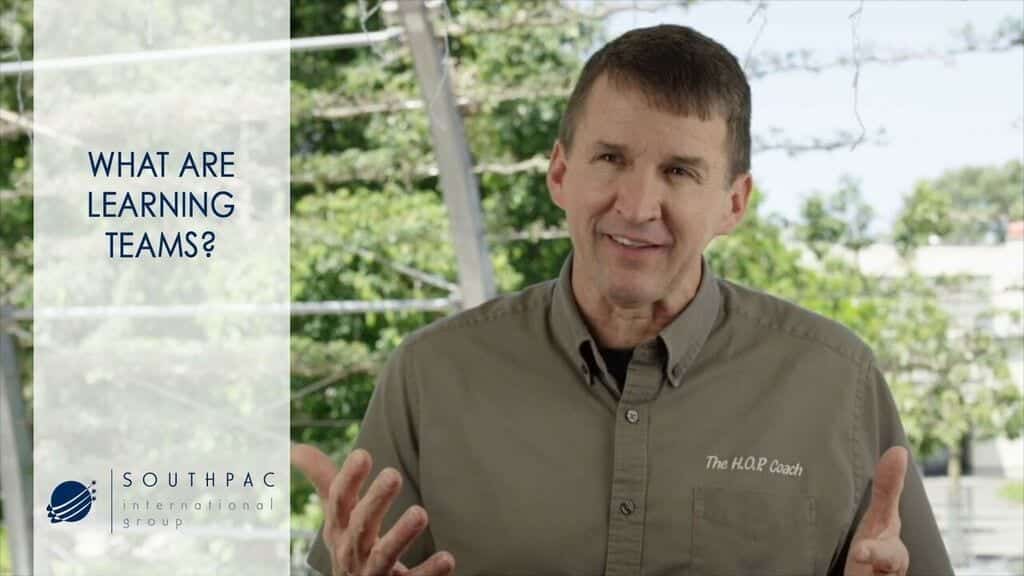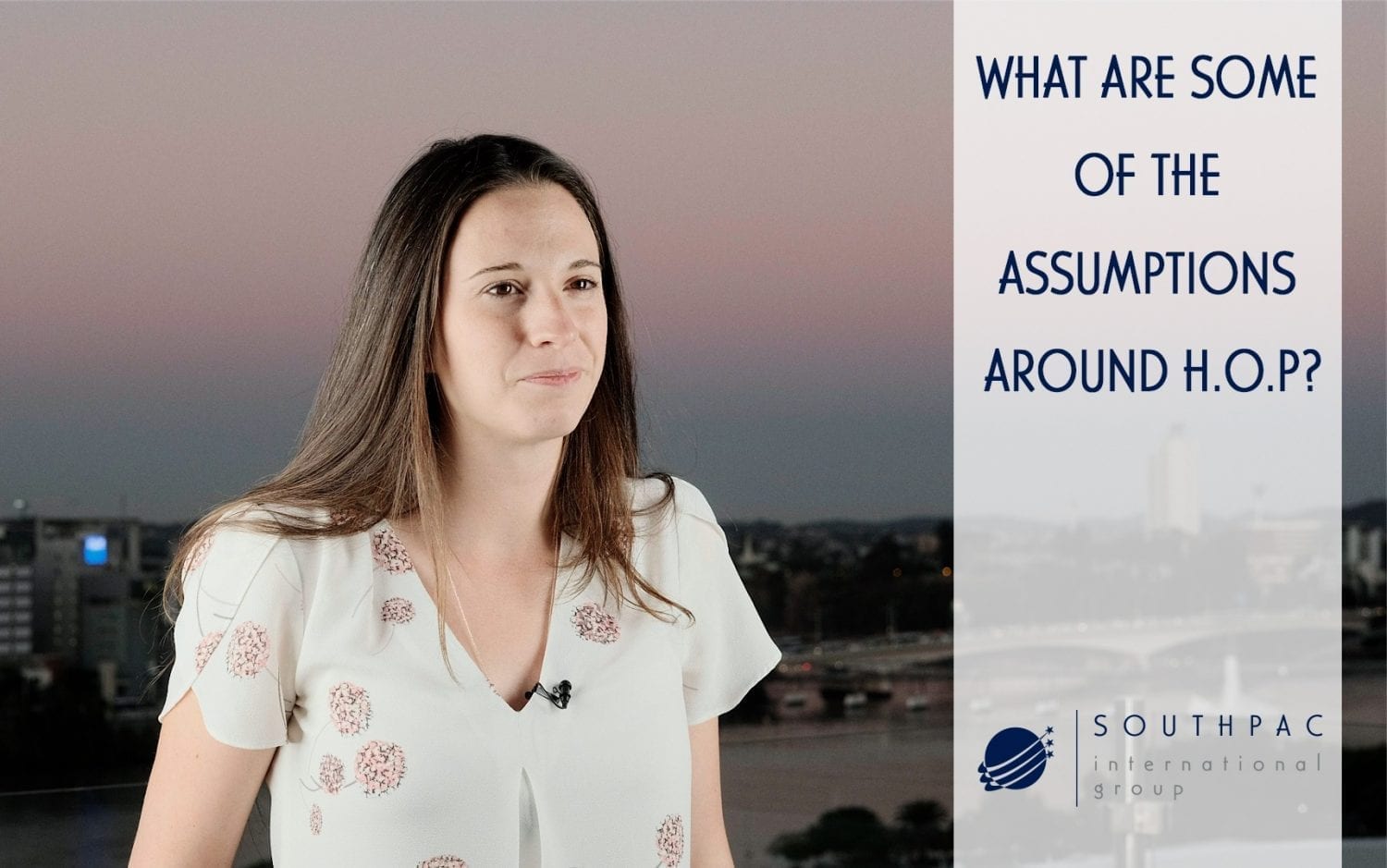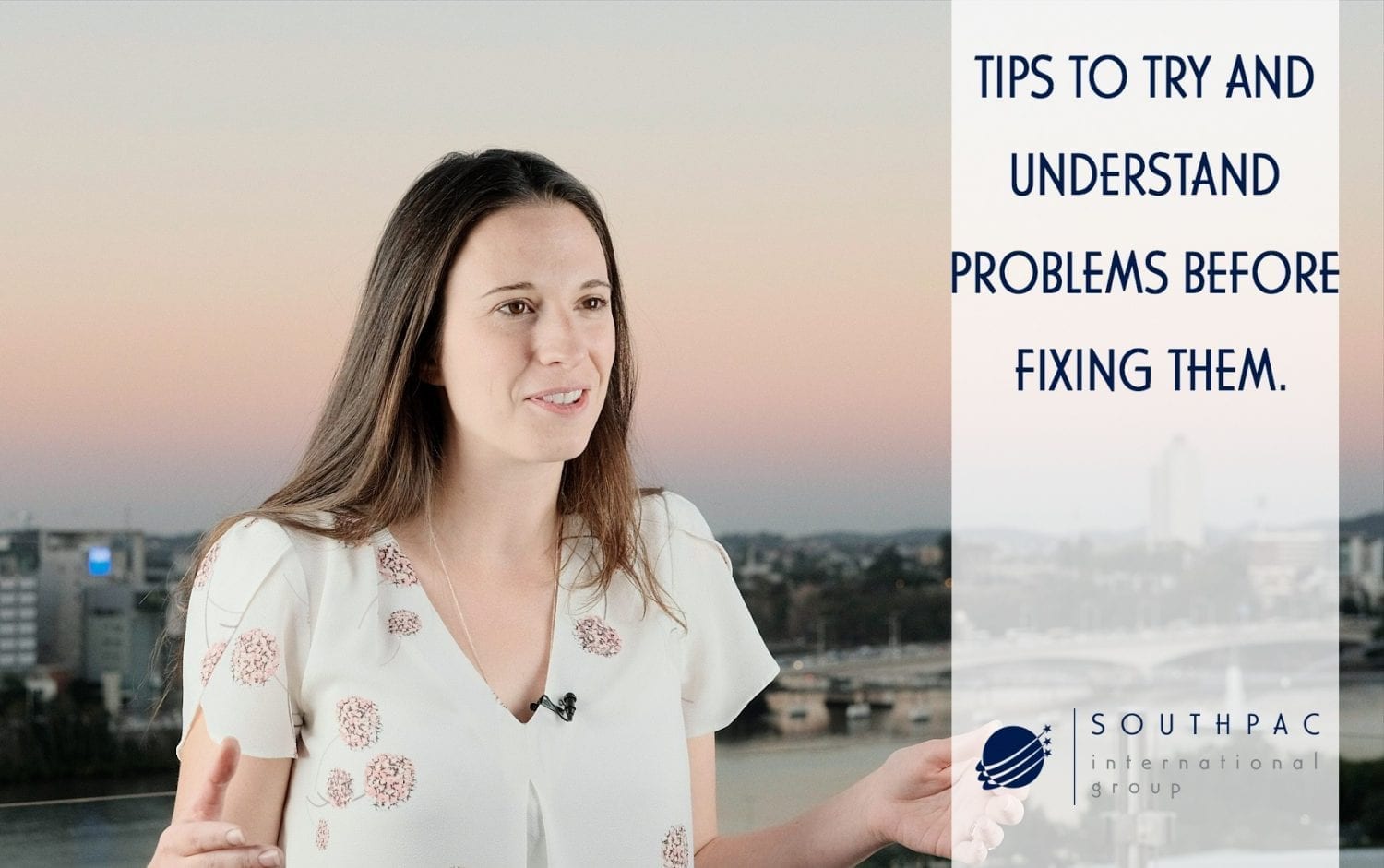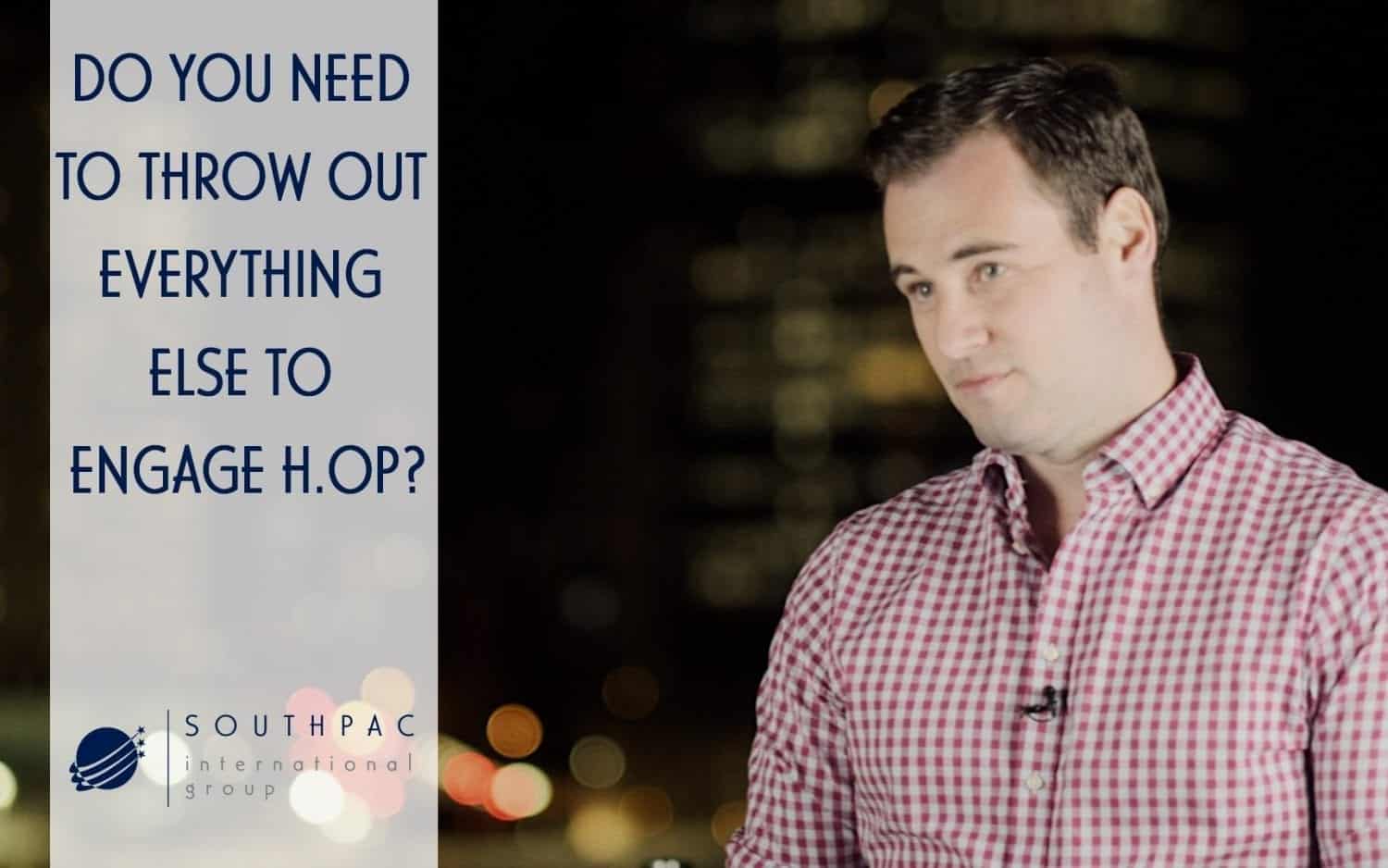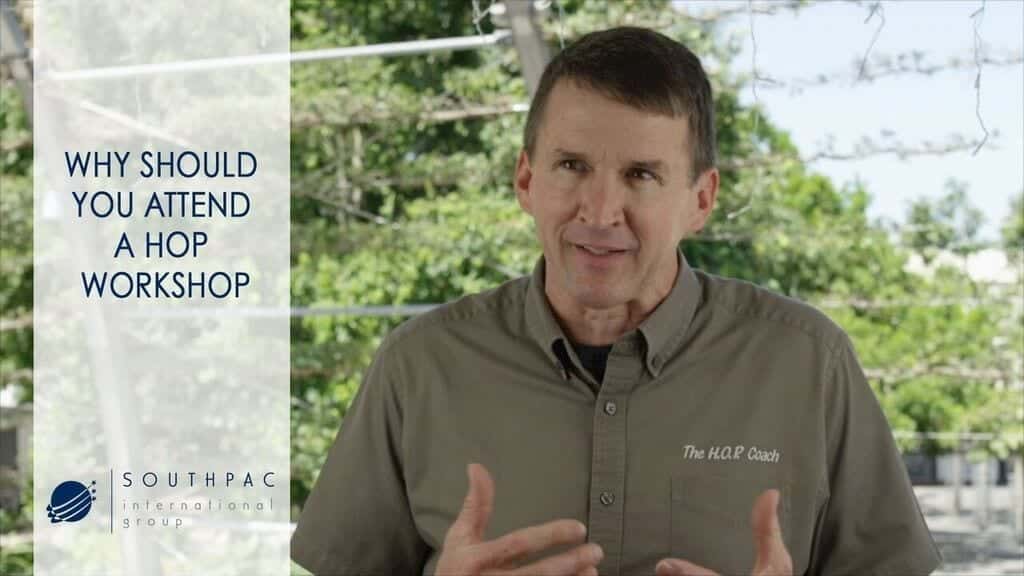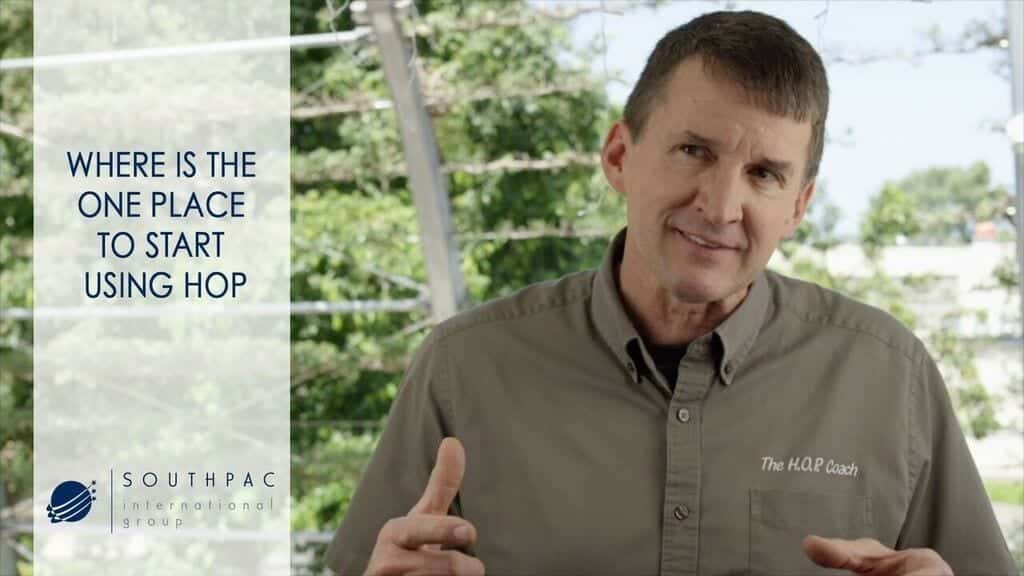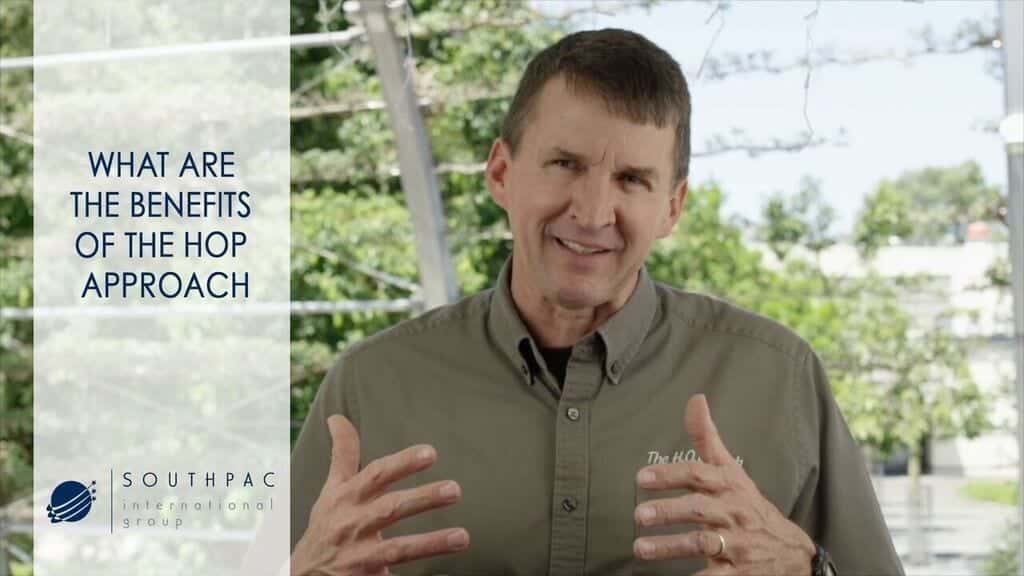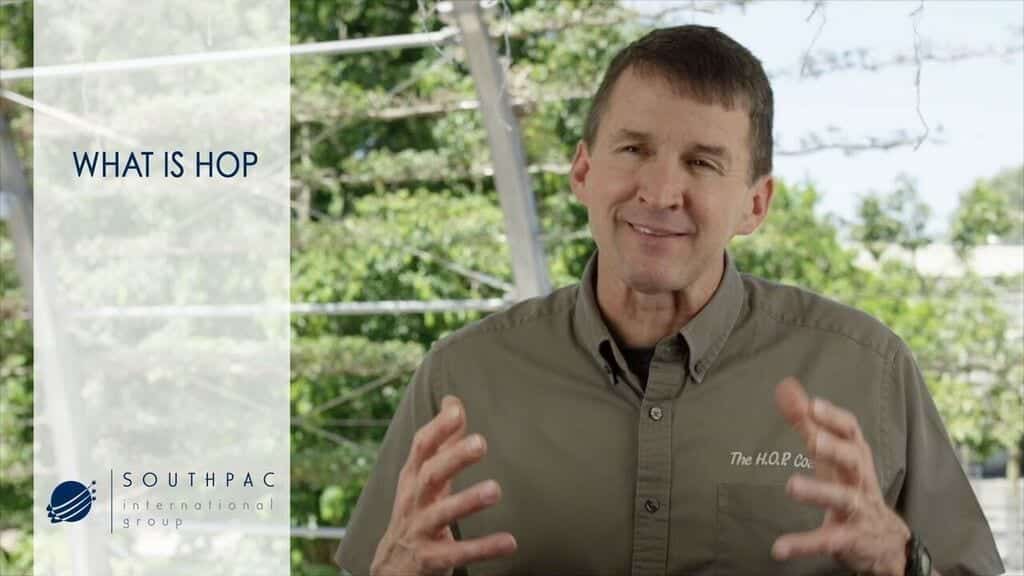H.O.P Round Table Discussion | Part 5.
SUMMARISED SHOW NOTES | PART 5
Perspectives on the five H.O.P principles
AB: There is a point of no return isn’t there?
AB: None recoverable error that within a process, not always but you can find in some processes a defined point where you can no longer recover from error fast enough. Things are happening too fast. Once you jump out of the plane… but there is also and equally as important where you would not know where that point is. It starts to occur organically. Because of other variables that are happening in the system. The plan is never going to be perfect. So our ability to learn and improve, learn and improve and learn and improve and continually update how we understand things, how we talk to each other and even what that plan say is extremely important. This idea that if we write it down it is going to be perfect and if people just followed it perfectly all the time then nothing would go wrong. The difficulty is there is too much variability and those things change all the time. If we have created a response to failure, or even a response to success but allows us to have those conversations and we start to see all that variability and all of our plans improve. The part that troubling to me at first was my response and whether or not the other four principles – whether or not I believed in them changed how I asked questions and how I asked questions changed the response to those questions. Those questions are fateful. Which changed the information that I had, which changed the solutions that I put in place. Which changed the probability of somebody else would have the same outcome as the person that had it before. If that was an injury, I wasn’t helping change the probability from that type of injury from happening again if I was asking questions that was focussed on the person and blaming the person as apposed to understanding the system that makes it logical for people to make the decisions that they did. My biases and my perception of people within a system changed reality of the physical system and changed the future of whether or not somebody gets injured in something. That’s an enormous feeling of responsibility. Because it will actually change what the physical world will look like in the future. And it’s a massive opportunity.
MY: It’s a huge opportunity because it allows you do and what organisations find is that they are diligent in the way the make enquiry and ask questions. What they find is they are not only intruders only seen when something has gone wrong but guests and owners to observe how things go right. That appreciation that error is everywhere and not to terribly interesting and being very curious about how you we get this right most of the time shows you where your strength points are. And the places where you can really improve. And if you only show up when things go wrong you hardly have the right to show up when things go right. And you have got your head in the sand.
AS: Andrew you made an interesting point in response to failure as there is also a tremendous opportunity to success or more accurately, response to normal. So coming along and saying “Ok, this has all gone great, explain to me how this went great.” Which is less scary than waiting for when things go completely wrong and then trying to change that hard-wired way of approach. “Something has gone disastrously wrong; someone must have done something terribly wrong!” [You can say] “ok, here’s a situation where we have been successful explain to us how this was successful. Or how it went right or normal. And then they can start to get an appreciation for this difference and that there is basically an equivalence between success and failure, normal and not normal. And start to get used to the idea of normal work every day. It’s probably going to be the same when things do go wrong. It’s a less threatening way to start learning to use these different questions.
AW: this is where it begins to add value. In a lot of safety [programs] approaches struggled have struggled to get value back into their systems. Many ways it seems as well lets blame somebody. There’s an outcome or some metrics. But what we are saying here is that the value approach is more than just safety it’s the outcome of good work. And adding value back into the business through financial, performance. It’s a much more receptive and organisations are much more receptive to this approach.
AB: During a role play, I had the opportunity to go a bit silly and part of the role play is about the role of the person who does the normal work. By hamming up the idea of expert,’10,000 hours it takes to become an expert’. What that inherently implies you are the expert in the success of this system. It dignifies everyone else that they know that this is the blue line.
AW: It puts that professional that they are no longer the ‘go-between’ and allow them to step out of the loop and allows them to stand from the sideline and help facilitate A and B – the works and manager to start talk together in a way that productive. And it adds value to both persons worlds.
AB: The way I heard it described with an organisation I was working with recently. A clear focus aligned with the principles of H.O.P but they didn’t call it H.O.P. And that’s important as well as this is not about having a label. We had the frontline expert talking about how they had drawn on the frontline expertise to improve a bunch of things in their organisation. And their CEO came along to the session that we had. I was kind of curious why the CEO was there. The CEO just wanted to share the message that his role and the role of the management team was a to get out of the way of the experts in the work and enable them to be more successful. And I fell off my chair.
AS: What a great point to finish on. :-)
H.O.P Round Table Discussion | Proudly brought to you by HOPLAB.
Contact Southpac International today for innovative H.O.P courses.
+61 7 5533 9988 | [email protected]
Watch more from this H.O.P. Round Table Discussion
Watch other HOPLAB Videos
HOPLAB’S Collaborators

Subscribe to the HOP|LAB® Newsletter
Get the latest information and insights on Human and Organisational Performance delivered to your inbox.

